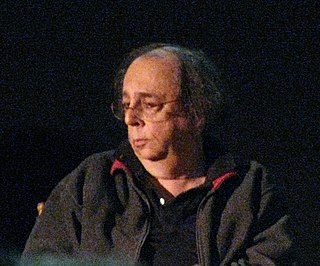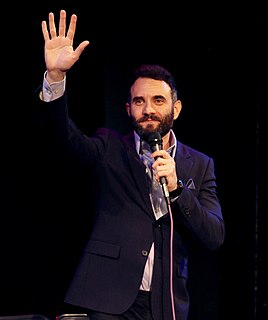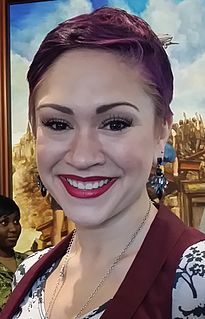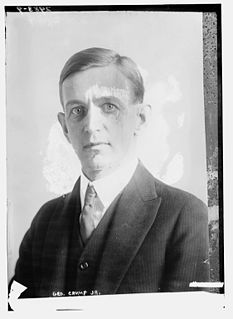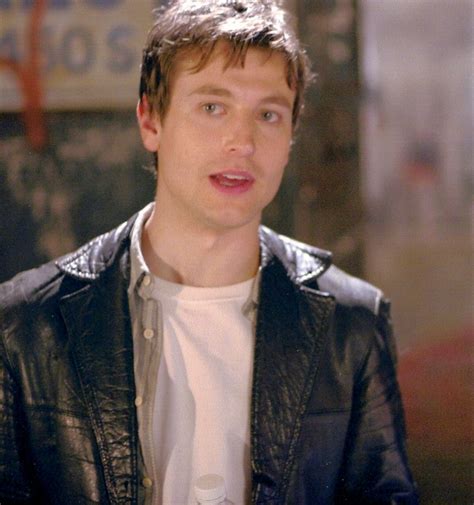A Quote by Pauline Oliveros
Maybe I'll start from the initial idea, what motivated me to do that. In 1953, I had access to a tape recorder. Tape recorders were not widely available. There was no cassette tape back then. It was a Sears Roebuck tape machine. I put a microphone in the window and recorded the ambience.
Related Quotes
I had invented my own system, my own way of making electronic music at the San Francisco Tape Music Centre, and I was using what is now referred to as a classical electronic music studio, consisting of tube oscillators and patch bays. There were no mixers or synthesizers. So I managed to figure out how to make the oscillators sing. I used a tape delay system using two tape recorders and stringing the tape between the two tape machines and being able to configure the tracks coming back in different ways.
People who leave their cars on the street with tape covering their broken windows are obviously too trusting. I mean, when your car did have glass for a window, someone broke into it. How is tape any more of a deterrent? What are the thieves going to say? Ooh, that like looks like duct tape, we can't beat that. Let's look for one with scotch or masking.
Tape with LTFS has several advantages over the other external storage devices it would typically be compared to. First, tape has been designed from Day 1 to be an offline device and to sit on a shelf. An LTFS-formatted LTO-6 tape can store 2.5 TB of uncompressed data and almost 6 TB with compression. That means many data centers could fit their entire data set into a small FedEx box. With LTFS the sending and receiving data centers no longer need to be running the same application to access the data on the tape.
I'm always looking for older equipment and ways of recording, but you can't escape the fact that it's all going to be digitized and reduced. I do think music sounds better when it's on tape and more simply recorded. I've been arguing with people for 10 years about tape versus digital, and I believe tape is absolutely essential in getting the sound that's conducive to the enjoyment of music. I wonder if it's going to go back to that. Sometimes I think it has to. As music becomes more computer-based, it's lost some emotional impact.


